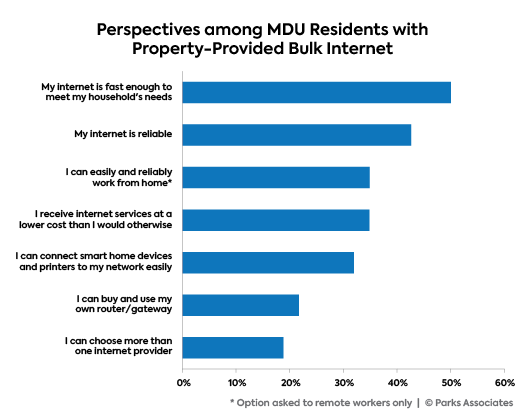Protecting Multi-Dwelling Unit Internet Traffic Through Strong Encryption Standards to Protect User Confidentiality and Information Integrity
Protecting Multi-Dwelling Unit Internet Traffic Through Strong Encryption Standards to Protect User Confidentiality and Information Integrity
Blog Article
In today’s online world, protecting internet data is more important than ever before, particularly in Multi-Unit Units (MDUs) like flat buildings and condo environments. Such settings frequently have numerous residents utilizing the same internet service, which can lead to potential safety risks. To guarantee that users' confidentiality and data integrity are protected, it is essential to adopt strong coding standards. Encryption is a method that scrambles information, rendering it unreadable to individuals who do not have the appropriate credentials to decrypt it. This process aids keep individual information safe from hackers and unapproved users.
A of the widely widely used encryption protocols is Secure Sockets Layer (SSL) and its replacement, Transport Layer (TLS). Such protocols create a secure link between a user’s system and the internet, guaranteeing that all data exchanged stays private. When tenants in an MDU use websites that utilize SSL/TLS, their private information, such as login credentials and payment card details, is secured. This means that even if someone attempts to capture the data, they would only see a mess of letters and numbers, making it almost unfeasible to comprehend. By promoting the use of such protocols, MDUs can greatly enhance the security of their tenants' internet activities.
Another important encryption method network security compliance for mdu is VPN Secure Network (VPN) technology. A VPN establishes a secure tunnel for web data, which safeguards users from prying eyes, especially when using shared wireless connections. In an MDU, where many residents may link to the same network, employing a VPN can help ensure that individual web actions remain confidential. This is especially crucial for activities such as online banking or accessing sensitive data. By promoting the use of VPNs among residents, MDUs can foster a more secure internet environment and help safeguard against information leaks.
In addition to such encryption techniques, it is vital for MDUs to educate their tenants about the importance of cybersecurity. Numerous people may not be aware of the risks associated with utilizing common internet connections. Offering resources on how to identify phishing attempts, the necessity of robust credentials, and the benefits of using encrypted sites can empower tenants to assume control of their online security. Seminars or informational sessions can be beneficial ways to increase awareness and encourage best practices for online safety.
Ultimately, MDUs should consider working with web provider providers (ISPs) that prioritize safety and provide advanced encryption options. By partnering with ISPs that utilize robust coding protocols, MDUs can ensure that their tenants have availability to secure internet connections. This collaboration can lead to enhanced overall safety for the entire complex, as well as increased trust among residents. By taking these steps, MDUs can establish a safer online space, safeguarding user confidentiality and information integrity in an ever more interconnected world.